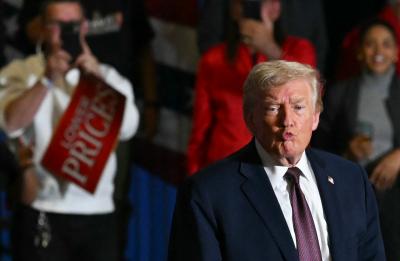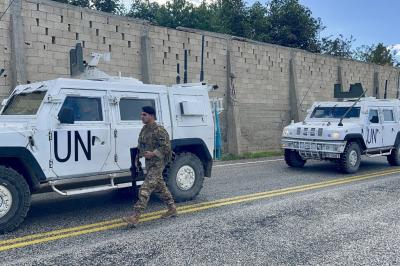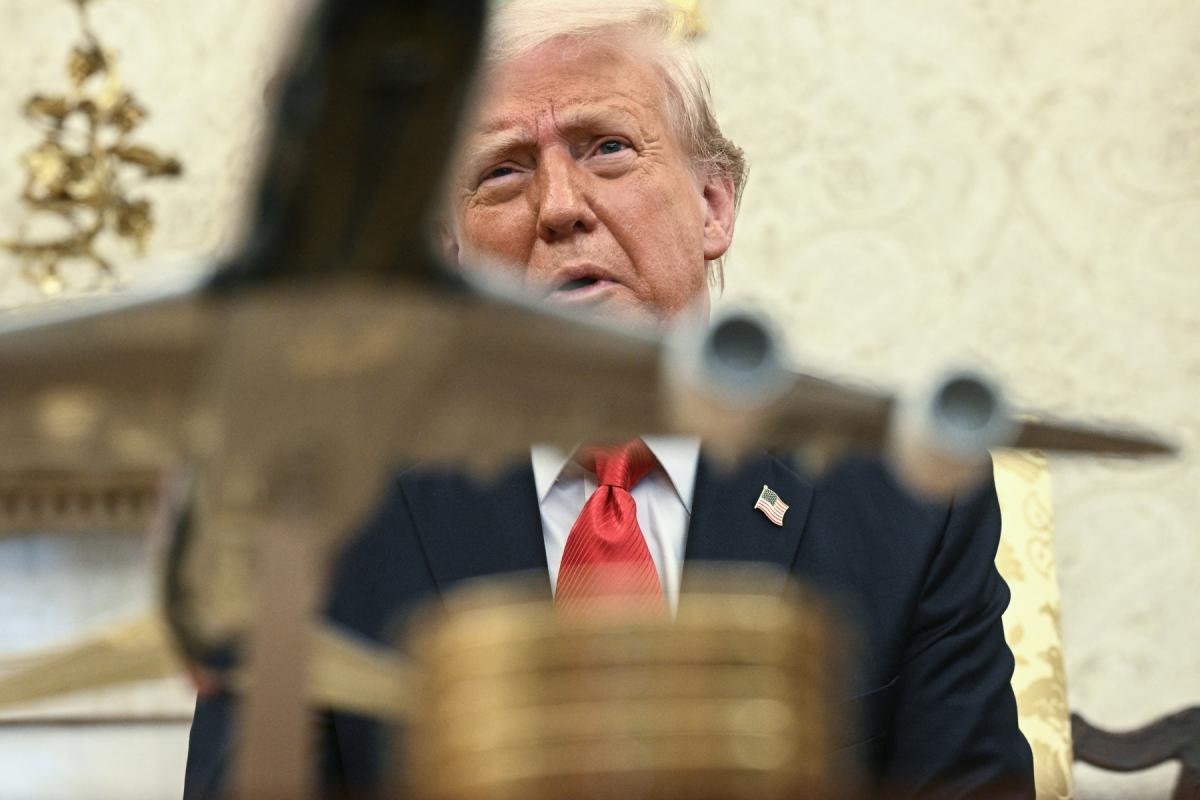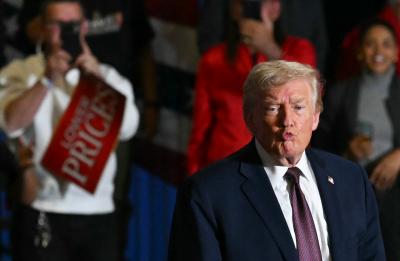The cautious optimism surrounding the potential hostage deal between Israel and Hamas cannot be detached from recent developments that have cast a shadow over Israeli Prime Minister Benjamin Netanyahu’s position. These include his disappointing visit to the White House, where he met with U.S. President Donald Trump but failed to secure the support he anticipated—particularly concerning the war in Gaza, the hostages, Iran, Turkey, and even American tariffs.
Israeli media bluntly labeled the visit a failure. It not only lacked tangible outcomes on the war front but also yielded no progress on other critical dossiers. Netanyahu had hoped for quick wins, but instead, he returned with only vague reassurances.
Back home, Netanyahu continues to weather mounting internal pressure, attempting to retain control by leaning on his political and parliamentary support base. In response to growing military and civil opposition—highlighted by a petition signed by thousands of officers calling for an end to the war—he lashed out, labeling them "weeds that must be uprooted" and threatening action against them alongside his political allies.
But these calls to end the war are gaining momentum across Israel’s security apparatus, including within the military and intelligence community. This growing dissent poses a serious challenge to Netanyahu, who is accused of prolonging the war to maintain his political survival, with no clear objectives or endgame in sight.
Despite Israeli forces reclaiming nearly one-third of Gaza, the conflict has devolved into what critics describe as a senseless war. Internally, skepticism is deepening, especially as Hamas remains operational, with control over nearly 75% of its tunnel network and continued expansion even under siege. The army’s credibility took a hit when it was revealed that the mission to eliminate Hamas’s Rafah Brigade—declared accomplished by IDF Chief of Staff Herzi Halevi—had already supposedly been completed six months ago.
Even if the military campaign continues, most analysts agree it is unlikely to result in the return of the remaining Israeli hostages—only 24 of the original 59 are still believed to be alive. The only viable path forward seems to be a negotiated settlement. Yet Netanyahu, driven by personal and political motives, insists on continuing the war indefinitely in pursuit of a “total victory”—a goal even Trump appears unwilling to endorse.
Trump and his envoy, Steve Witkoff, are now pushing to revive the Egyptian-mediated negotiations and secure a truce backed by guarantees. Whether Netanyahu yields to U.S. pressure ahead of Trump’s expected visit to the region in May could determine the outcome of this phase. Hamas, meanwhile, is showing some tactical flexibility on the hostages issue, though it is keen to retain the leverage this card affords it.
Cairo Talks Stall Over Post-War Governance
Egypt, for its part, is working to present Washington with a post-war vision for Gaza that includes a durable ceasefire. Central to this vision is Hamas’s acceptance of a new political arrangement—one that would exclude it from any official power-sharing role. For Egypt, Gaza remains a cornerstone of its national security, and like many in the region, it rejects any open role for Hamas in Gaza’s future governance.
However, efforts to repair the fractured Palestinian political house have stalled—particularly in Cairo, despite months of mediation. The focus had previously been on reconciling Hamas with the Palestinian Authority (PA) and integrating various factions under the umbrella of the Palestine Liberation Organization (PLO). This would have paved the way for a unified governance framework.
But the latest breakdown in dialogue signals Hamas’s resistance to being sidelined once again—a position it had tentatively accepted earlier. Tensions with the PA are also on the rise, as President Mahmoud Abbas's government increasingly blames Hamas for the catastrophic state of affairs in Gaza.
In this deadlock, the future of Gaza hangs in the balance, with Trump’s influence, Hamas’s strategy, and Egyptian mediation all converging in what may be a fleeting opportunity for a fragile truce.
Please post your comments on:
[email protected]
 Politics
Politics












